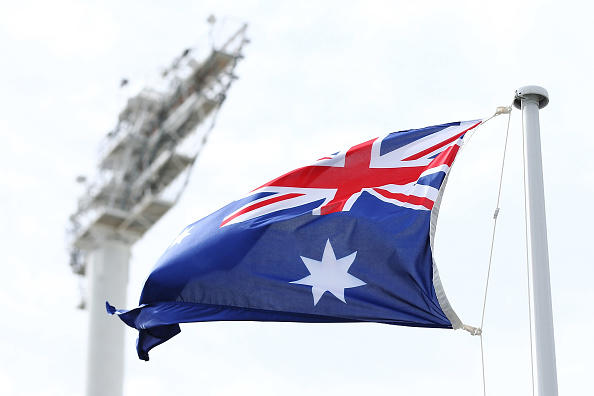Recently, the Australian government introduced a tough new bill to “prevent the weaponizing of social media platforms” by holding social media executives responsible for violent content on their platforms.
Under the proposed law, social media platforms that fail to “expeditiously” remove “abhorrent violent material” (such as terrorism, murder, and rape) are subject to punishment. This can include a fine amounting to 10 percent of the companies’ annual earnings and executives could also be imprisoned for up to three years.
In a press release, Australia’s Prime Minister Scott Morrison said:
“Big social media companies have a responsibility to take every possible action to ensure their technology products are not exploited by murderous terrorists. It should not just be a matter of doing the right thing. It should be the law.”
Any platforms who become aware of violent content on their sites are required to notify the Australian Federal Police. If they don’t, they could face fines up to $168,000 AUD for individuals and $840,000 AUD for companies.
“Mainstream media that broadcast such material would be putting their licence at risk and there is no reason why social media platforms should be treated any differently,” Attorney-General, Christian Porter, said. “These companies have a social responsibility and they have clearly failed to meet that responsibility in their response to Christchurch.”
The law was directly inspired by the Christchurch shooting, which continues to pose an issue for social media platforms. Since it originally broadcasted on Facebook Live, tech companies have scrambled to remove videos as they pop up.
The responses — and excuses — of social media companies following Christchurch haven’t resonated well with many. Last month, Chairman of the House Homeland Security Committee, Rep. Bennie G. Thompson, even called on big tech to testify before Congress.
Time and time again, big tech companies — like YouTube, Facebook, and Twitter — fail to regulate themselves and only initiate change after facing immense public pressure. This has been clear as Christchurch has led Facebook to finally ban white nationalism and white separatism.
Although fines aren’t anything new for tech companies, the explicit threat of imprisonment for executives might serve as a motivator.
There’s no guarantee that this bill will make social media platforms get it together. However, it shows that governments across the world are becoming increasingly frustrated with the social media giant.

